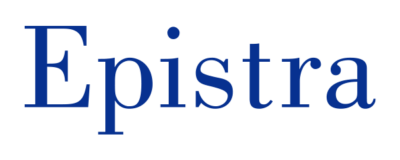【イベント登壇】India-Japan Meeting on the Nobel Turing Challenge に登壇しました
【イベント登壇】India-Japan Meeting on the Nobel Turing Challenge に登壇しました
エピストラ株式会社の代表取締役CEOである小澤陽介が、2025年3月24日から25日に東京で開催された「インド・日本ノーベル・チューリングチャレンジ会議(IJNTC2025)」に登壇いたしました。
本会議は、AIを活用した自律的な科学的発見システムの開発を目指す「ノーベル・チューリングチャレンジ」の一環として、世界各国から研究者やAI専門家が集まり、科学的発見におけるAIの進展や応用について議論する場で活発な議論が行われました。
発表内容
Title: Autonomous Optimization of Life Science Experiments
Abstract:
[Background] In recent years, life science experiments have become integral in several applied fields, such as regenerative medicine and bio-manufacturing, where they serve as methods for producing final products. However, with the advancement of life sciences, the complexity of experimental protocols has increased, presenting several challenges. These include:
1. Reproducibility: Difficulty in replicating the same conditions and results.
2. Tacit knowledge formalization: Complex procedures and the “know-how” are difficult to formalize into explicit knowledge.
3. Personalization of expertise: Expertise remains concentrated with specific individuals, leading to a lack of widespread knowledge sharing.
When these experimental processes are used as manufacturing methods, it can lead to extended research and development timelines due to the lack of reproducibility. In the production stage, unstable results contribute to increased manufacturing costs.
[Methods] To address these challenges, a technique was developed that uses AI to autonomously optimize life science experiments by selecting optimal exploratory points without prior assumptions. The method is based on Bayesian optimization, a type of black-box optimization technique. Bayesian optimization assumes that the prior distribution of functions in non-parametric Bayesian approaches follows a Gaussian process. This system combines automated state evaluation techniques using cellular measurements to gather evaluation data from microscope images. It then explores optimal combinations of parameters that constitute experimental protocols.
[Results and Discussions] Several applied examples, including differentiation induction experiments of iPS cells into retinal pigment epithelial cells, are introduced. Additionally, a new method combining metabolomic data analysis with automated optimization technology is also presented.
